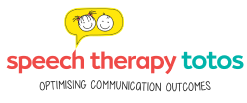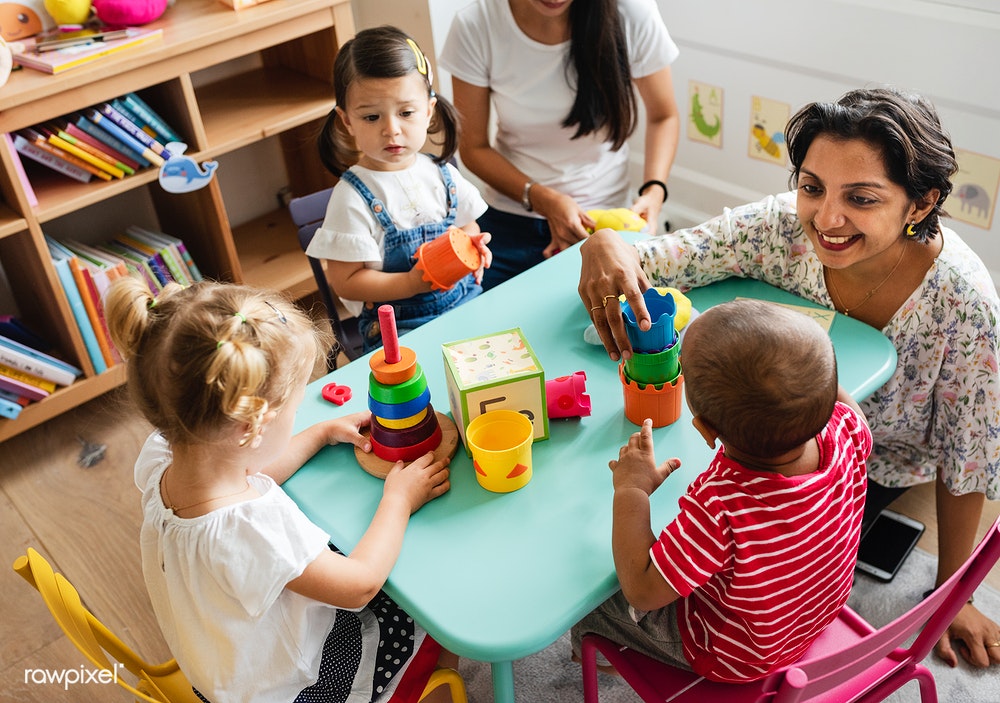Episode 20: My Opinion about the 3 Kinds of Activities That will Strengthen Your Child’s Reading Skills
 Today’s topic is very dear to my heart. I realise that there is quite an interest about reading skills or rather reading disorders which has prompted me to put out a lot of material concerning reading and what parents can do to strengthen their child’s reading skills. Please check out these posts related to reading:
Today’s topic is very dear to my heart. I realise that there is quite an interest about reading skills or rather reading disorders which has prompted me to put out a lot of material concerning reading and what parents can do to strengthen their child’s reading skills. Please check out these posts related to reading:
- What to do if your child is struggling with reading
- How to read to your child to grow their language
- The type of book that will get your child to talk more
- 4 ways to help your child with their reading skills
So back to the topic, I have discovered from my interactions and from the questions that parents are always asking me, that there is a helplessness when it comes to parents helping their children with reading. There are all kinds of reservations and one of the reservations from parents is that they don’t know how to sound out. If you are like the many parents I have encountered, please check out this post on the correct way to help your child sound out the alphabet to improve your sounding out skills.
Phonological awareness
Before I talk about the 3 things you as a parent or teacher or learning assistant can do to strengthen a child’s reading skills. I am going to talk about something known as phonological awareness which is the explicit awareness that a word is made up of sounds. And not just that a word is made up of sounds, but really how those sounds compare with other sounds in other words (rhyming), how you break up those sounds in that word i.e. how you break up the bigger parts, the syllables. This is all known as phonological awareness.
Research dating further to about 20 years ago has found that children who become successful readers have strong phonological awareness skills. One question that I get asked is, “what is the difference between phonological awareness and phonics?”. The difference is that phonics is a part of a subset of phonological awareness, whereas phonics may just emphasise the letter sound conversion, phonological awareness is concerned with whether a child hears the sounds in a word. For example, does this child hear that the word “Cat” is made up of three sounds? That is C-A-T.
Phonological awareness has three subsets and these are the subsets that make up the activities that you can start to implement with your child at home to see their reading skills strengthened. The first level is the rhyme level. Rhyme level is the ending of words.
The second subcategory is syllable awareness. Syllable awareness is about the bigger parts contained within a word. Phoneme awareness is the last sub category. If you strengthen a child’s rhyme awareness , syllable awareness and phoneme awareness, it is guaranteed that they are going to be brilliant readers.
Here are the three things you can start to do to strengthen your child’s reading skills.
1. Engage your child with rhyme activities
The early books usually contain a lot of rhyming words. And as you are reading these books to your child, draw attention to the rhyming words. See if your child is able to pick out sounds that rhyme and sometimes these rhyming words look the same, like cat and hat and sometimes they don’t for example, star and are. Emphasise on rhyming words each time you catch them until your child gets good at identifying the rhyming words.
2. Syllable awareness activities
Syllable awareness is when you clap out big parts in words. A big part could be a compound word like cupcake or a word like table. The reason why rhyme awareness activities are very critical to a child’s reading success or literacy development acquisition is because, they help a child know how to word attack a new word or spell it or read it. It also gives them the idea that big words are made of small words/parts. And those small parts are the syllables.
They are able to understand that when you clapping out that each part conforms to a rule. That a word has to have one vowel and at least one consonant, otherwise it does not qualify as a syllable.
3. Phoneme awareness
Pulling apart sounds is phoneme awareness. It is about being able to detect beginning sounds, middle sounds and ending sounds.
Final word
The above mentioned activities teach children to have integrity for sounds and the understanding that when a sound is changed in one way, ends up changing the meaning of a word, it changes how the word is said. It gives them an appreciation of the simplicity of reading.







